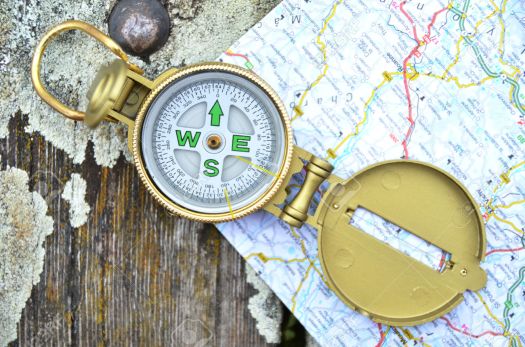
Hunting is a sport that requires first, a license and second, skill. If you’re new to this hobby, then there is much to be learned from seasoned hunters. Here are some of the basic equipment you need to help you survive your first hunt:
Camouflage and boots: When you’re out hunting, you want to be dressing the part. The proper attire for hunting is camouflage and boots. These will help you move easily around the hunting grounds as well as give you ample cover.

Guns and ammo: Ask the help of a professional when choosing your gun (or guns). It’s also good to practice shooting and get enough knowledge on how to use your gun properly to avoid accident or injury. You also have to make sure you’re well stocked with ammunition.
Navigation: Maps, compasses, and other navigation tools are important for the hunt. Getting lost is not an option because this might jeopardize your safety. Make sure you know how to read the map and use the compass properly.

First aid: Having a first aid kit ready will help you in case of any emergency, accident, or injury. Any wounds should be treated immediately to avoid infection or complication.
Hi, I am Joseph E. Ciringione and I love fishing and hunting. Learn more about the art of the hunt by following me on Facebook.




You must be logged in to post a comment.